Joanna James revisits a roller-coaster day on the roads of Sichuan…
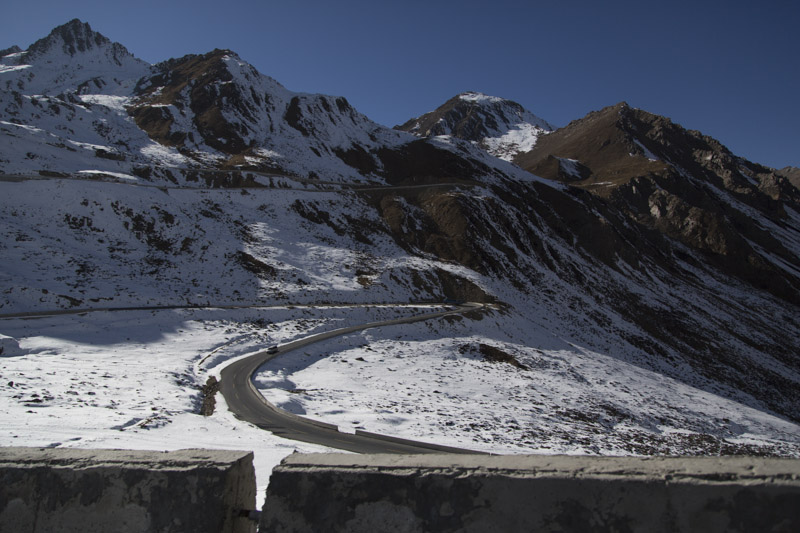
This story comes from a research trip in November 2013 that saw On the Road staff and a handful of intrepid guests scouting out a new-to-us route from Chengdu to Lhasa. To read about another adventure from the sky-high roads of Sichuan, please click here.
To read more about our Tibetan journeys, please click here.
While driving through rush-hour Chengdu can be an exhilarating experience, crossing the surrounding Sichuan Basin is a little less exciting. Mists often obscure the lush countryside, leaving you to focus on the flat, straight road ahead. And so, as we reached Dujiangyan after two hours hemmed in by fog, it came as a surprise to see the outline of the Qionglai Mountains looming ahead of us, improbably steep and deeply forested.
The Qionglai Mountains mark your entry into a region that was utterly devastated by the 2008 Sichuan earthquake. Five years on, reconstruction was ongoing, the relief efforts hampered by rainy-season mudslides each summer.
We were taking a route that had only been intermittently open since the ‘quake. At one point, as we crawled along behind a digger through an unlit, roughly-hewn, seven-kilometre long tunnel, I questioned whether it really ought to be open even now. Regardless, another earthquake earlier that year had closed any alternative routes, so we were stuck in this tunnel, behind this digger.
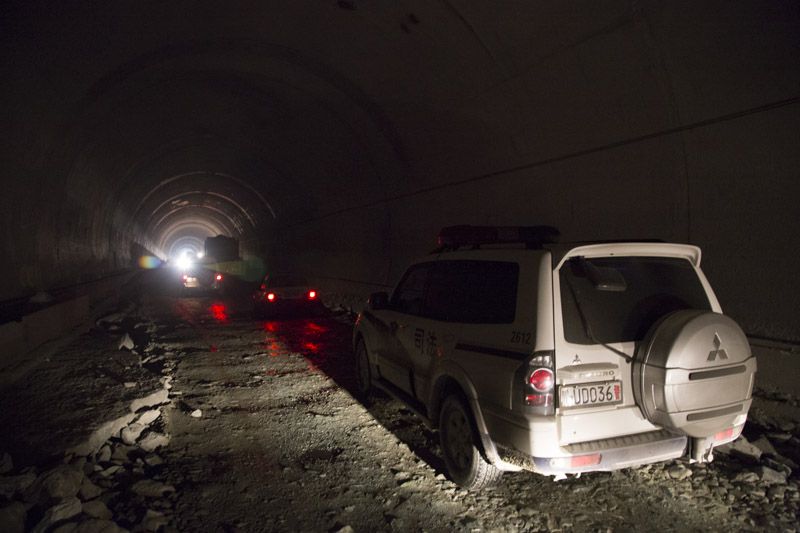
Dodgy tunnels aside, the first day of our journey had passed very smoothly. We had emerged unscathed from Chengdu’s morning traffic, switched mist and smog for blue skies and sun as we climbed into the hills, and climbed a 4,500-metre (14,800ft) mountain pass to reach the beautiful Four Sisters Mountains without anyone suffering from altitude problems – an excellent start.
On the second day we had a straightforward and scenic drive ahead of us with plenty of time for stops. Take a stroll around a quaint-looking village? Sure! Stop to buy apples from an elderly Qiang lady? But of course! It was also an auspicious day for weddings in the Tibetan calendar, so we stopped at one of several weddings we passed to join the festivities.
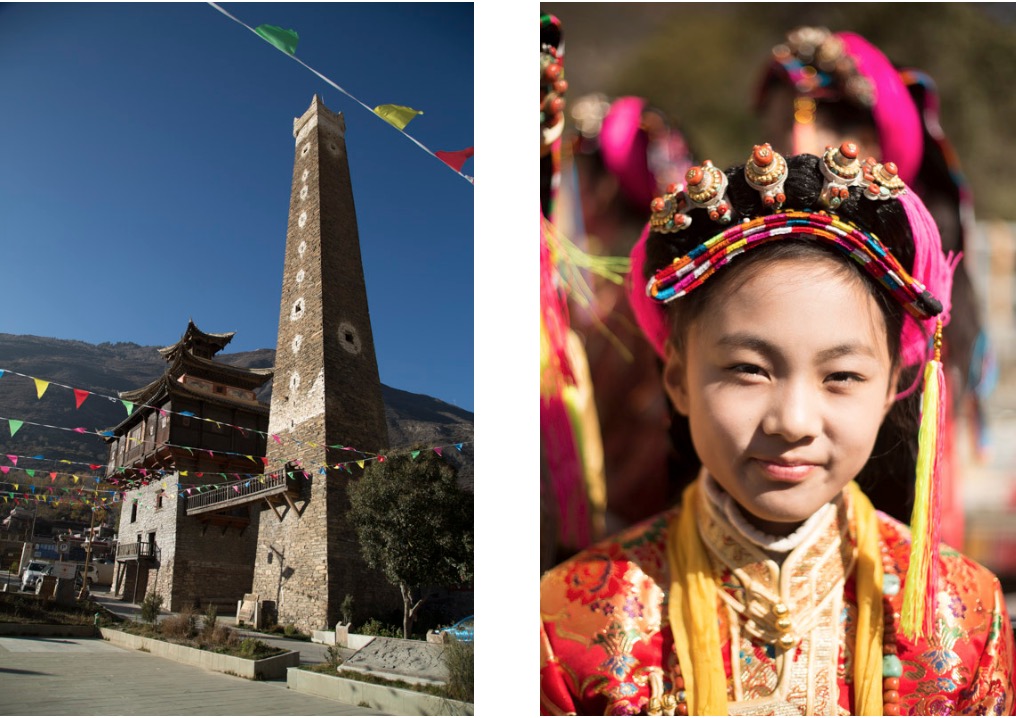
As we came to leave the wedding, a British guest came up to me. “I don’t want to worry you,” he opened, portentously, “but I can’t seem to find my passport.”
After a cursory look around his car, we moved on for lunch in the next town, primarily to give us all some time to figure out what to do – besides hoping that the passport would be miraculously discovered en route.
After reaching the restaurant, our guest still passport-less, I called the British consulate in Beijing for advice. A recorded message informed me that: “Our consular emergency section’s office hours are 9:00am-12 noon, Monday, Wednesday, Friday.” It was 12:45 on a Wednesday. (Pity the Brit who gets arrested in China on a Friday afternoon!)
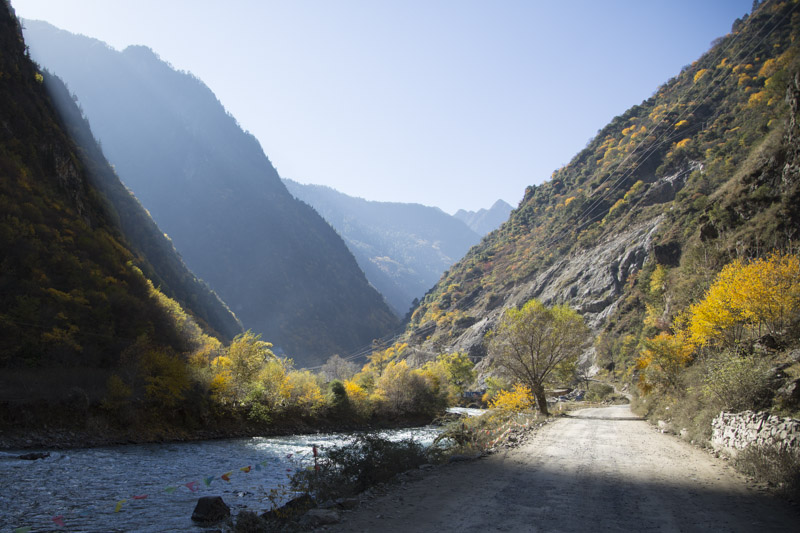
Fortunately, calls to the British consulate in Chongqing were more fruitful and a helpful lady explained that first, we needed to report the loss to the local police, who would give us a ‘Lost Passport Report’. Then our guest would need to take this back to Chengdu to the provincial Public Security Bureau to get another piece of paper. Then he and the paperwork would need to go to Chongqing to apply for a new passport from the consulate, either an emergency passport (which takes a few days) or a full replacement (which takes a month).
Assuming he went with the emergency passport option, our guest would then need to apply for an exit visa from the Chinese authorities, which would take a further five working days. Of course, this would have meant him abandoning our trip (passports being required to enter Tibet), and could potentially have caused bureaucratic delays for the rest of the group too…
Honestly, I knew that losing a passport was inconvenient, but I had no idea just howinconvenient!
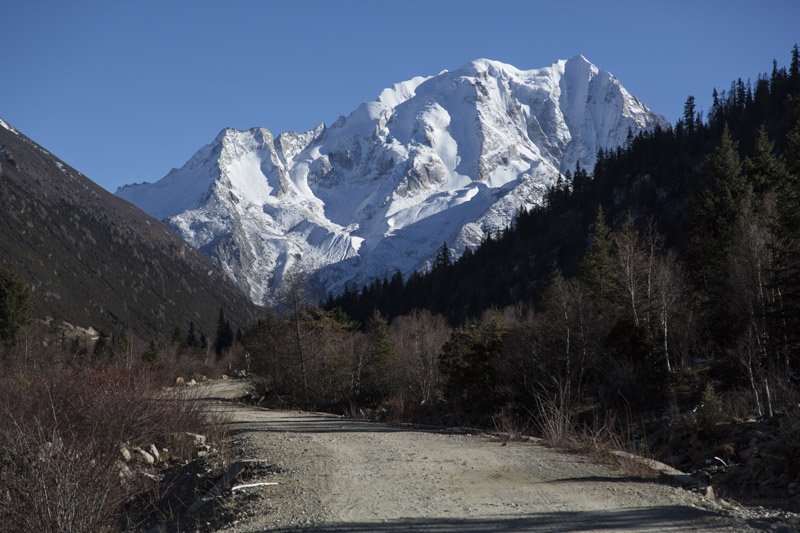
We decided that our guide Dorjee and driver Mr Wu would accompany the guest and retrace the morning’s drive in hope of finding the missing passport, while the rest of the group continued as planned. So, on I went with the remaining six guests and had a beautiful afternoon on a particularly pretty stretch of road, wending our way through a deep valley, the slopes above us aflame with autumn leaves.
An anxious hour later, in a rare moment of mobile coverage, I received a text message from On the Road Experiences’ office in Hong Kong: “A guest’s passport has been found. Please call this number…” Relieved, but confused as to how this information had reached Hong Kong before it had reached me, I called the number.
It was the police station in Xiaojin, a small town that we had passed through earlier in the day. Someone had found the passport and they had managed to trace us down within the hour –Sherlock Holmes eat your heart out!
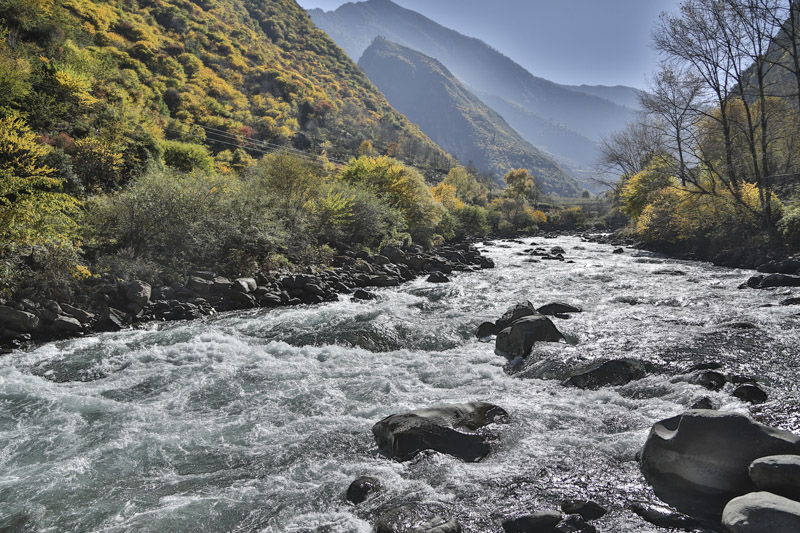
Having revisited the apple-seller and the still-partying wedding guests (where six young men volunteered to comb through a vast pile of rubbish collected from the street), our search party were able to pick the errant passport up shortly afterwards, and managed to join us in time for dinner that evening, when I heard the full story.
Apparently the passport had dropped out of the car earlier in the day at a brief stop outside Xiaojin. Shortly later, two Tibetan boys riding a motorbike on their way to work spotted it and picked it up. Realising that it was a foreign official document, they turned back towards Xiaojin and took it to the police.
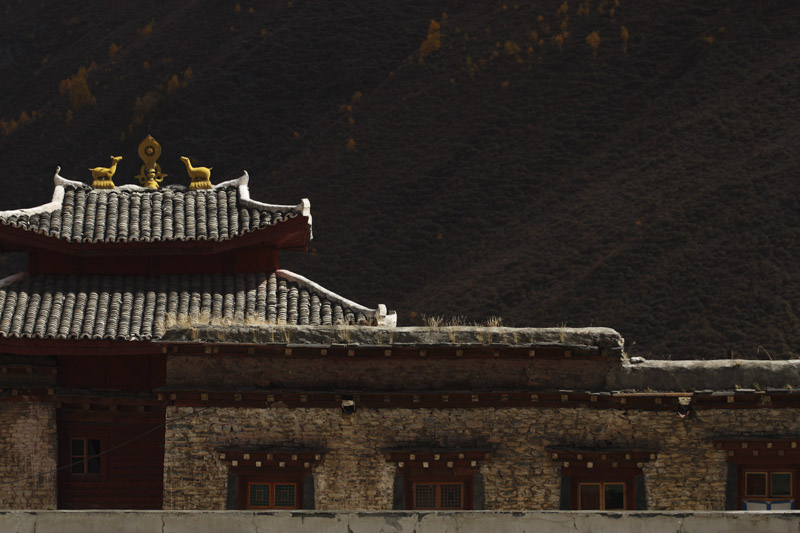
Whenever anyone – local or foreigner – checks into a hotel in China, they are required to register with their ID. Until recently, the particulars were simply written down and filed, but now all this information is entered into a computer system. By searching for the passport number, the Xiaojin police were able to find out where we had stayed, and by contacting the hotel they found our Hong Kong office’s telephone number, which led to my text message.
When our guest and Dorjee reached the Foreign Affairs Office in Xiaojin, they were able to thank the two boys in person and to hear their part of the story. They refused any reward, saying, “You’re a guest here in our homeland, we simply did what we ought to do.”
And so – with barely any delay, we were able to continue on our way to Lhasa…
